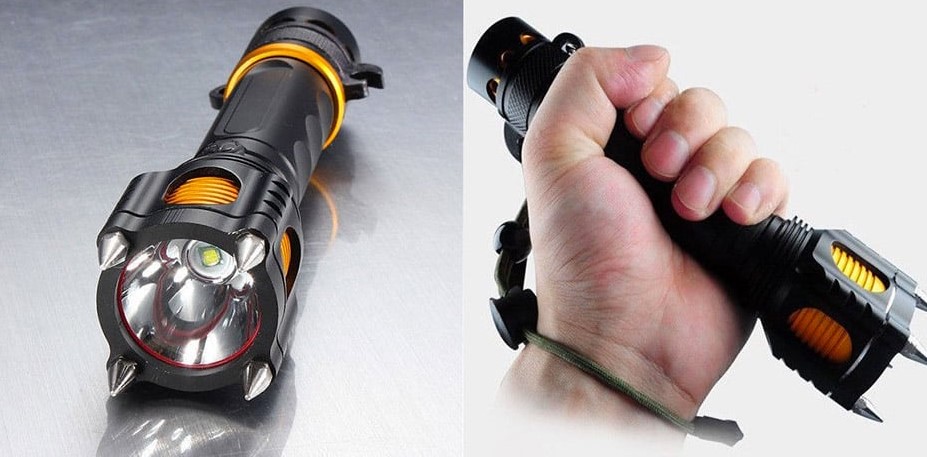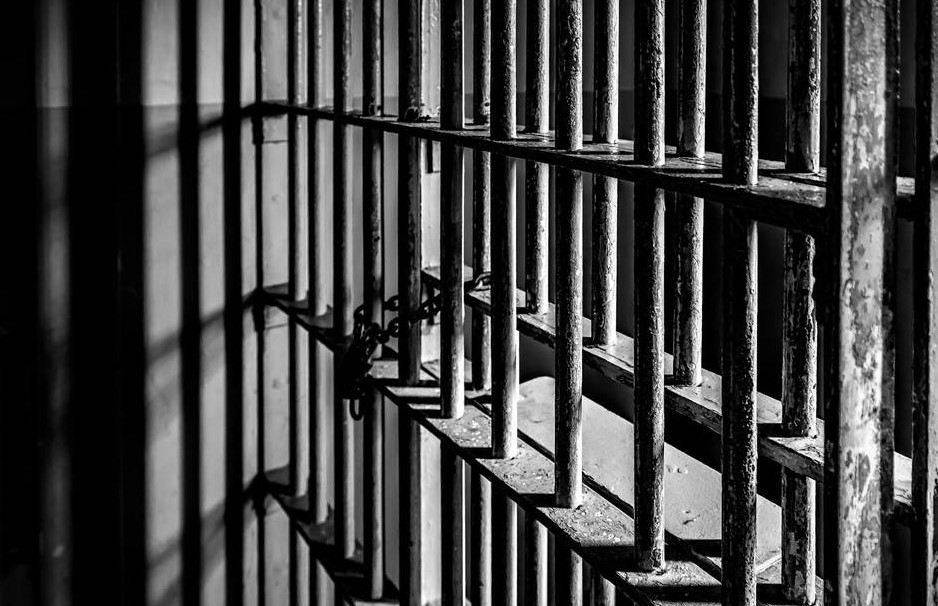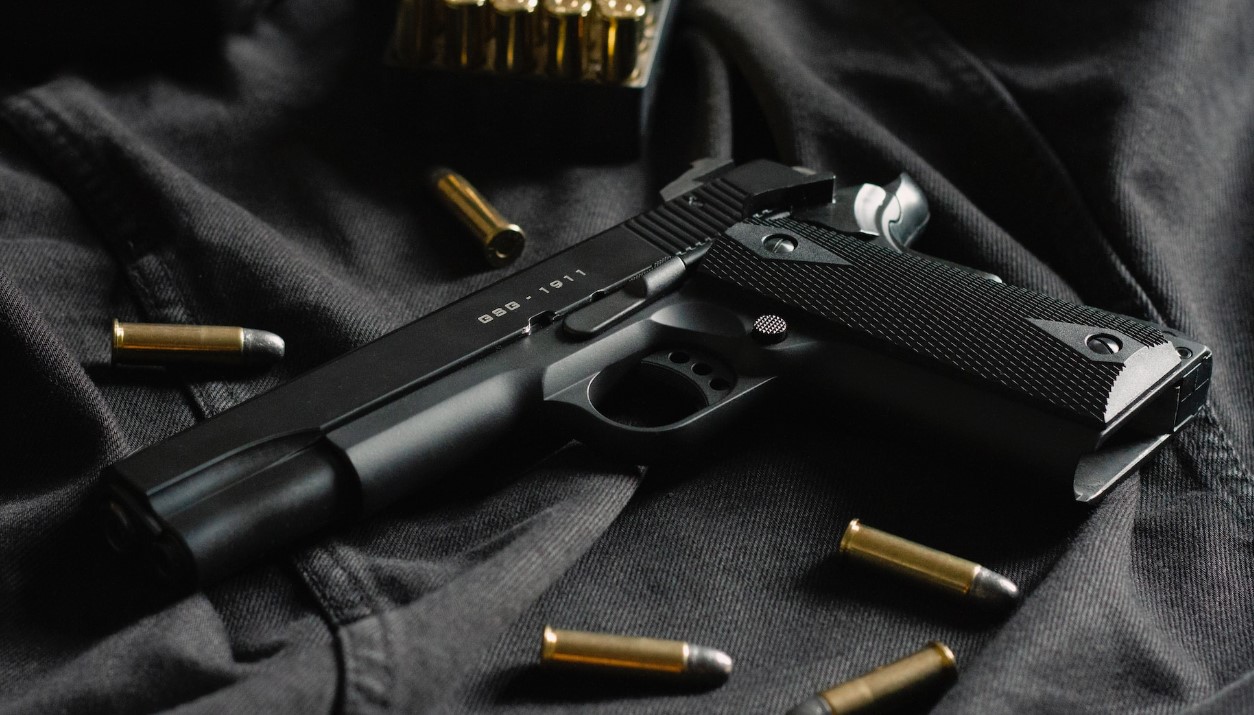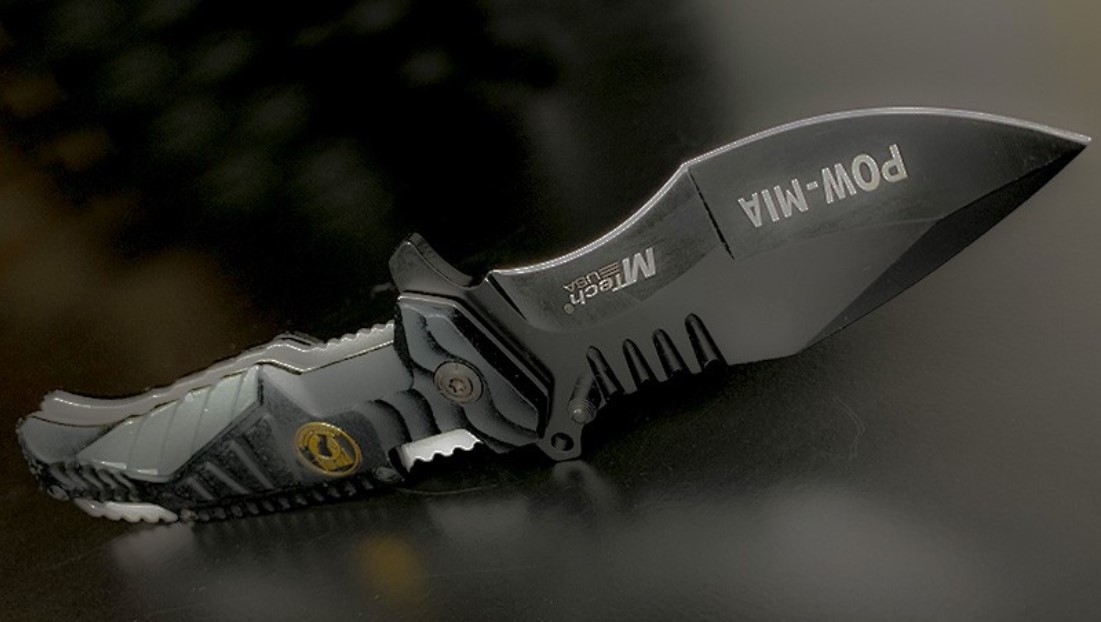Is karate or jiu jitsu better for self defense? When it comes to self-defense, both karate and jiu-jitsu are effective martial arts with passionate proponents. But with different strengths and philosophies, choosing the right one for you depends on your goals and circumstances. Let’s delve into the core concepts of each art and explore which might be a better fit for real-world self-defense scenarios. Follow Theselfdensetool.com!!
Karate: The Way of the Empty Hand
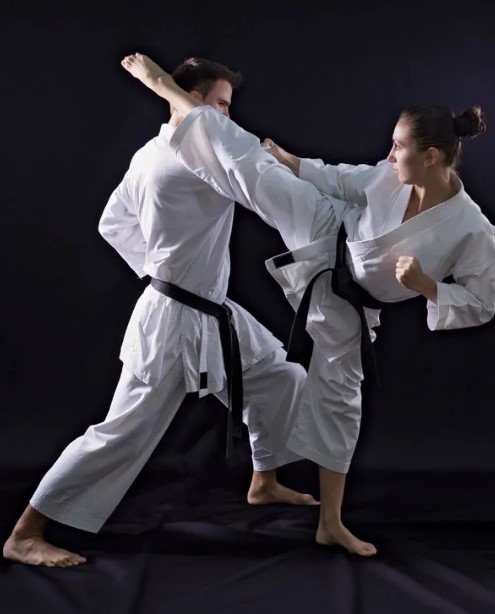
Karate emphasizes powerful strikes and kicks delivered from various stances and blocks. It focuses on maintaining distance and controlling the fight through superior reach and agility. Traditional karate emphasizes self-discipline, respect, and developing inner peace alongside physical prowess.
Strengths for Self-Defense:
- Long-range defense: Karate excels at keeping attackers at bay with strikes and kicks.
- Multiple attack options: Karate offers a diverse arsenal of punches, kicks, and blocks for various situations.
- Fitness benefits: Karate training improves cardiovascular health, coordination, and power.
Limitations for Self-Defense:
- Limited grappling skills: Traditional karate often lacks ground fighting techniques crucial for close-quarter confrontations.
- Emphasis on point-fighting: Modern karate competition training may not directly translate to real-world self-defense, where there are no rules.
>>> Click How Many Times Are Guns Used For Self Defence CDC?
Jiu-Jitsu: The Gentle Art
Jiu-jitsu, particularly Brazilian Jiu-Jitsu (BJJ), takes a different approach. It focuses on grappling techniques that allow a smaller, weaker person to subdue a larger attacker by gaining control on the ground using leverage, chokes, and joint locks.
Strengths for Self-Defense:
- Effective against larger opponents: BJJ teaches how to control and submit attackers regardless of size or strength.
- Ground fighting: BJJ equips you with the skills to defend yourself from takedowns and dominate on the ground, a common scenario in self-defense situations.
- Practical techniques: BJJ training emphasizes techniques applicable to real-world self-defense, including takedown defense and escaping holds.
Limitations for Self-Defense:
- Limited striking: BJJ primarily focuses on grappling and ground fighting, with less emphasis on defending against strikes before grappling occurs.
- Physical intensity: BJJ training can be physically demanding, requiring a good level of fitness and resilience.
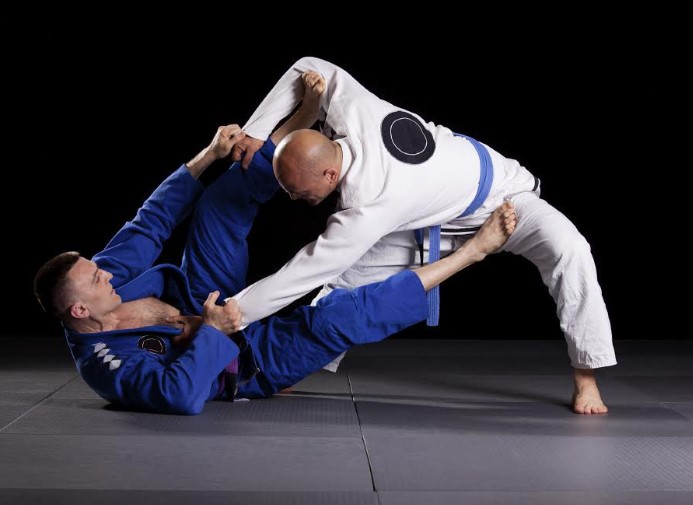
Is karate or jiu-jitsu better for self-defense?
Here’s a breakdown to help you decide:
- If you prioritize long-range defense and powerful strikes, karate might be a good option.
- If you want to be prepared for grappling situations and ground fighting, BJJ is a strong choice.
- If you’re a smaller person or lack significant strength, BJJ can empower you to defend yourself effectively.
The Best Choice Might Be Both!
Many martial arts schools offer combination classes that incorporate elements of both karate and jiu-jitsu. This well-rounded approach provides a more comprehensive skillset for various self-defense scenarios.
Additional Considerations:
- Your fitness level: Both karate and BJJ require good physical conditioning, but BJJ can be particularly demanding.
- Your learning style: Consider if you prefer striking-based techniques (karate) or grappling-based approaches (BJJ).
- Your local gyms and instructors: The quality of instruction is crucial. Look for reputable gyms with experienced instructors who prioritize self-defense applications.
Ultimately, the best self-defense martial art is the one you’ll enjoy training in consistently. Remember, self-defense is also about situational awareness and de-escalation techniques. Regardless of your choice, consistent training and a self-defense mindset are key to staying safe.
>>> Click Jiu-jitsu Or Taekwondo For Self-Defense

